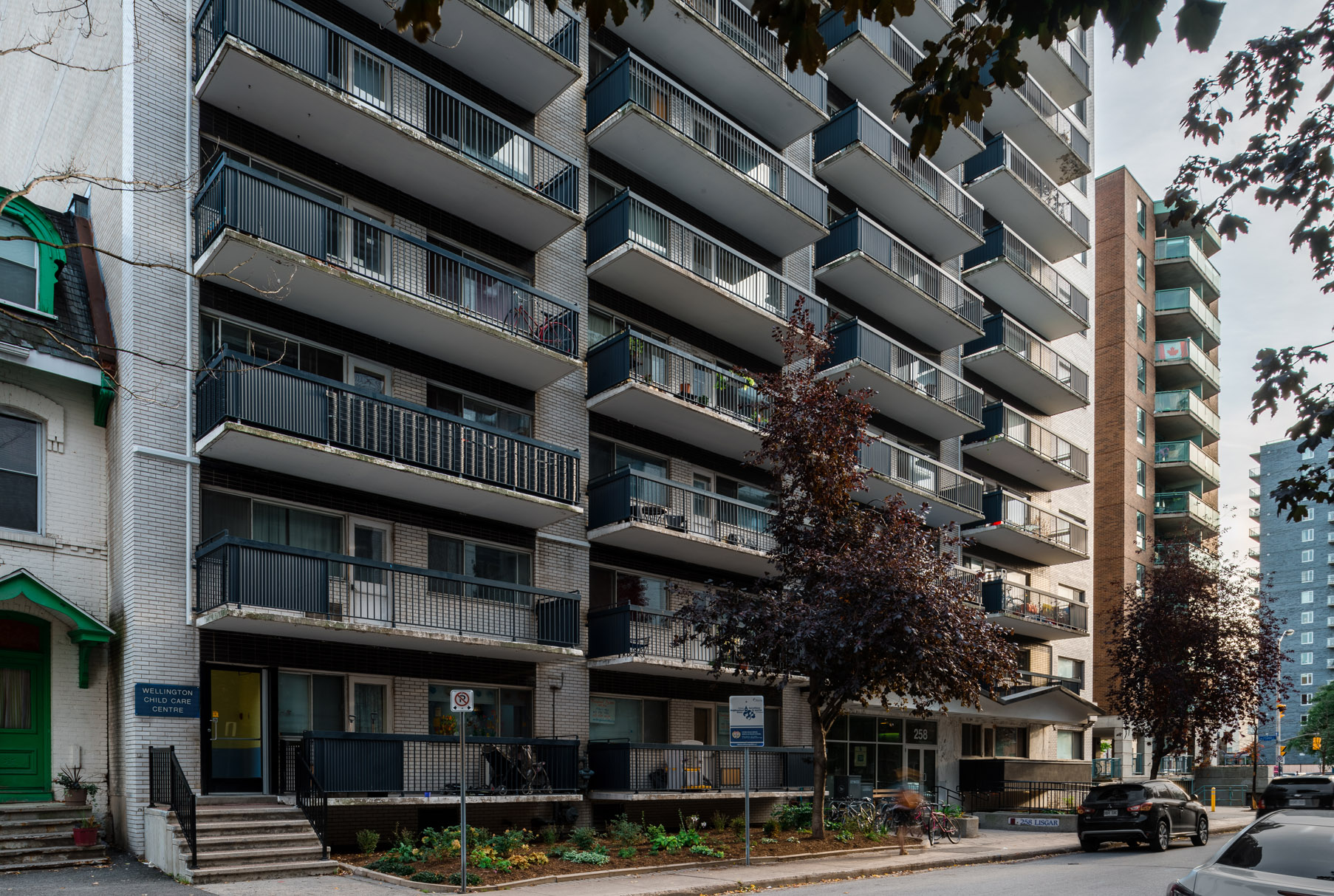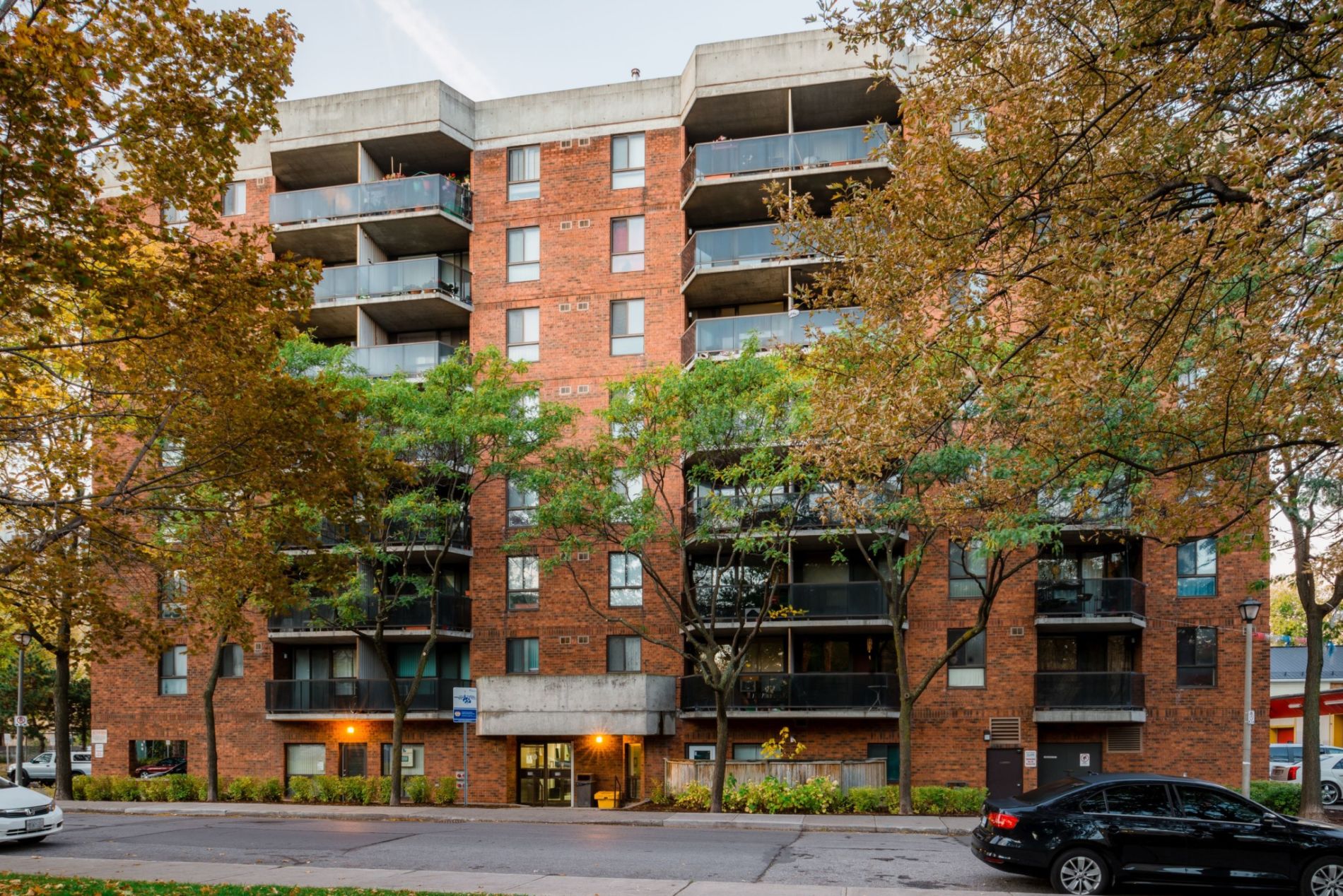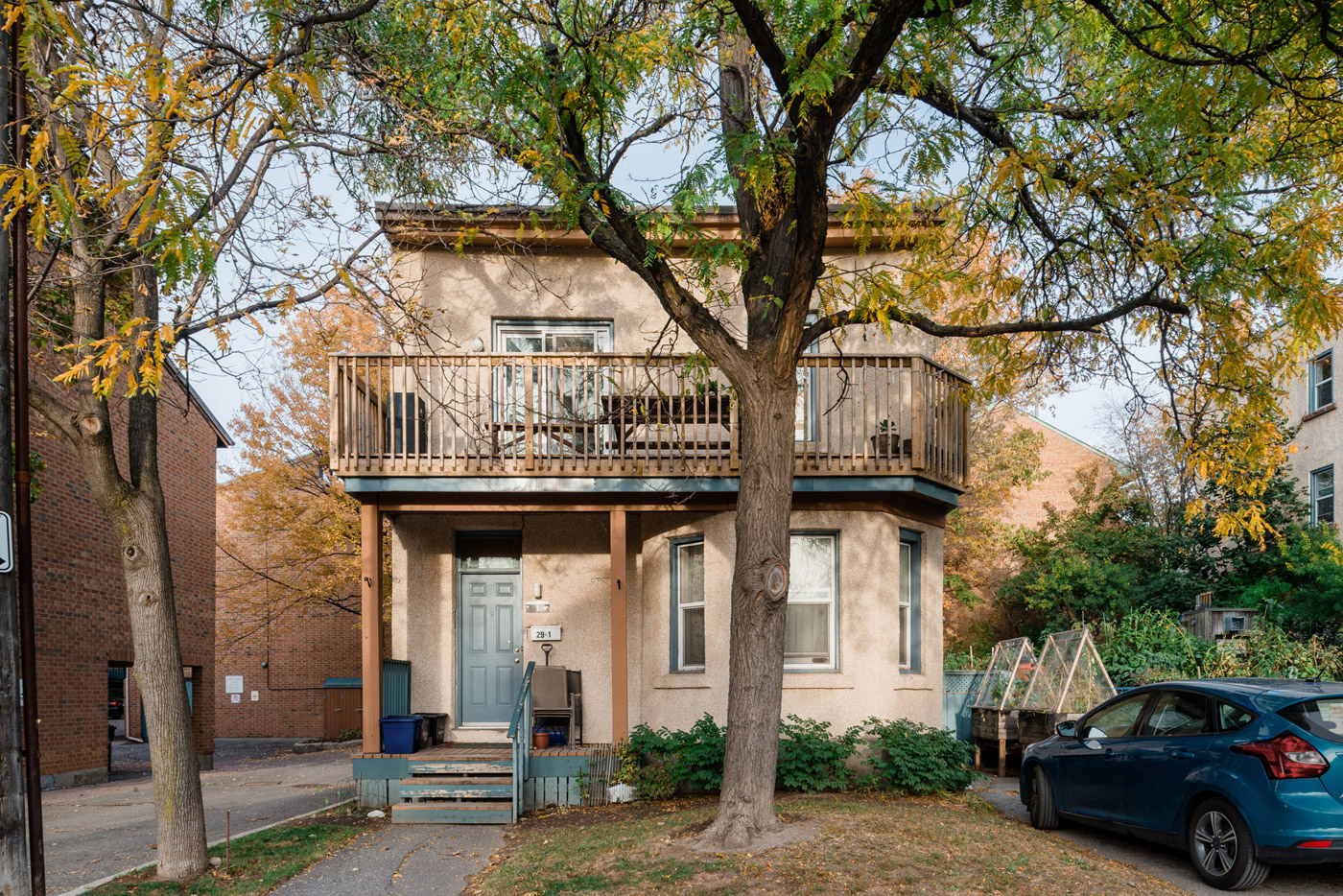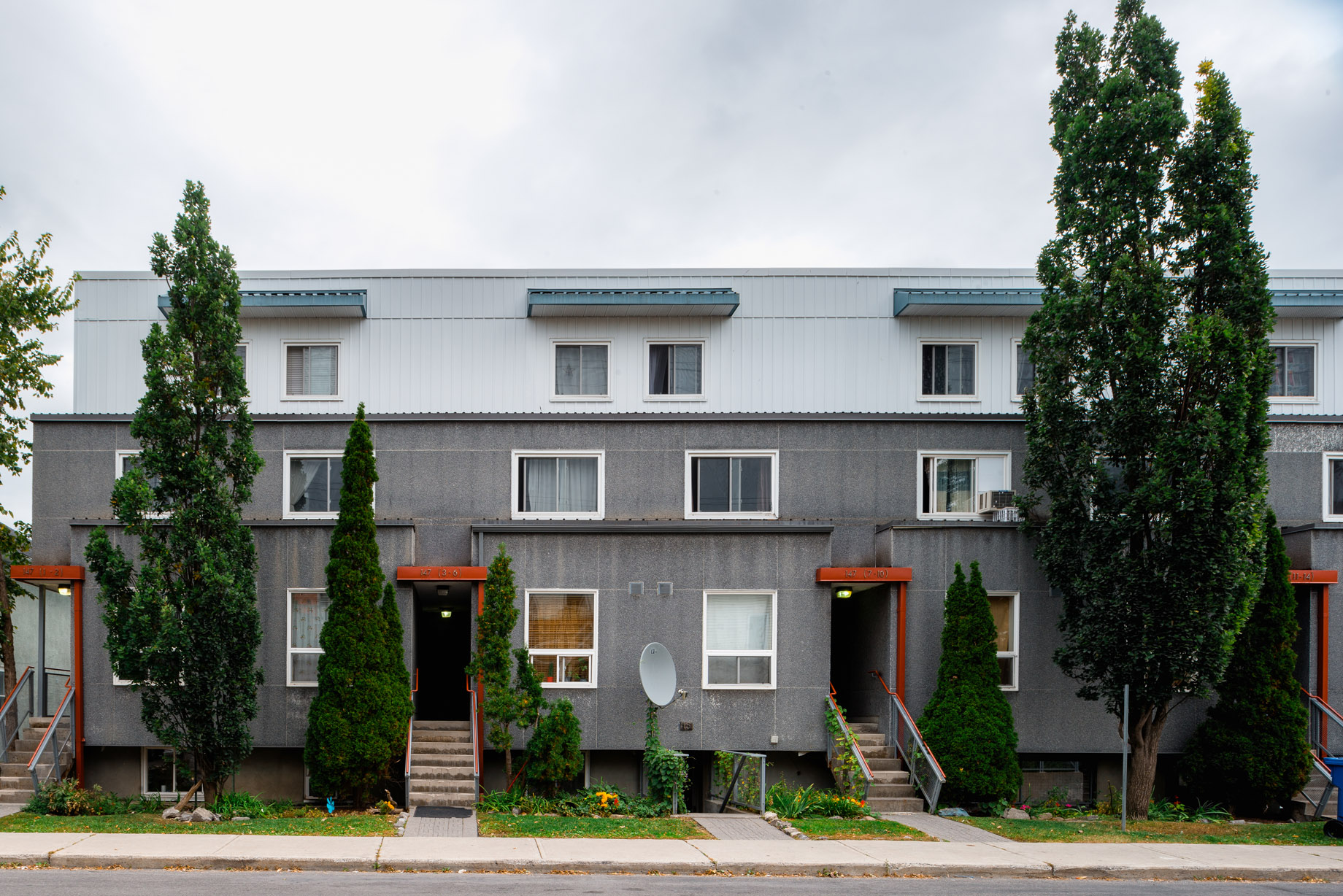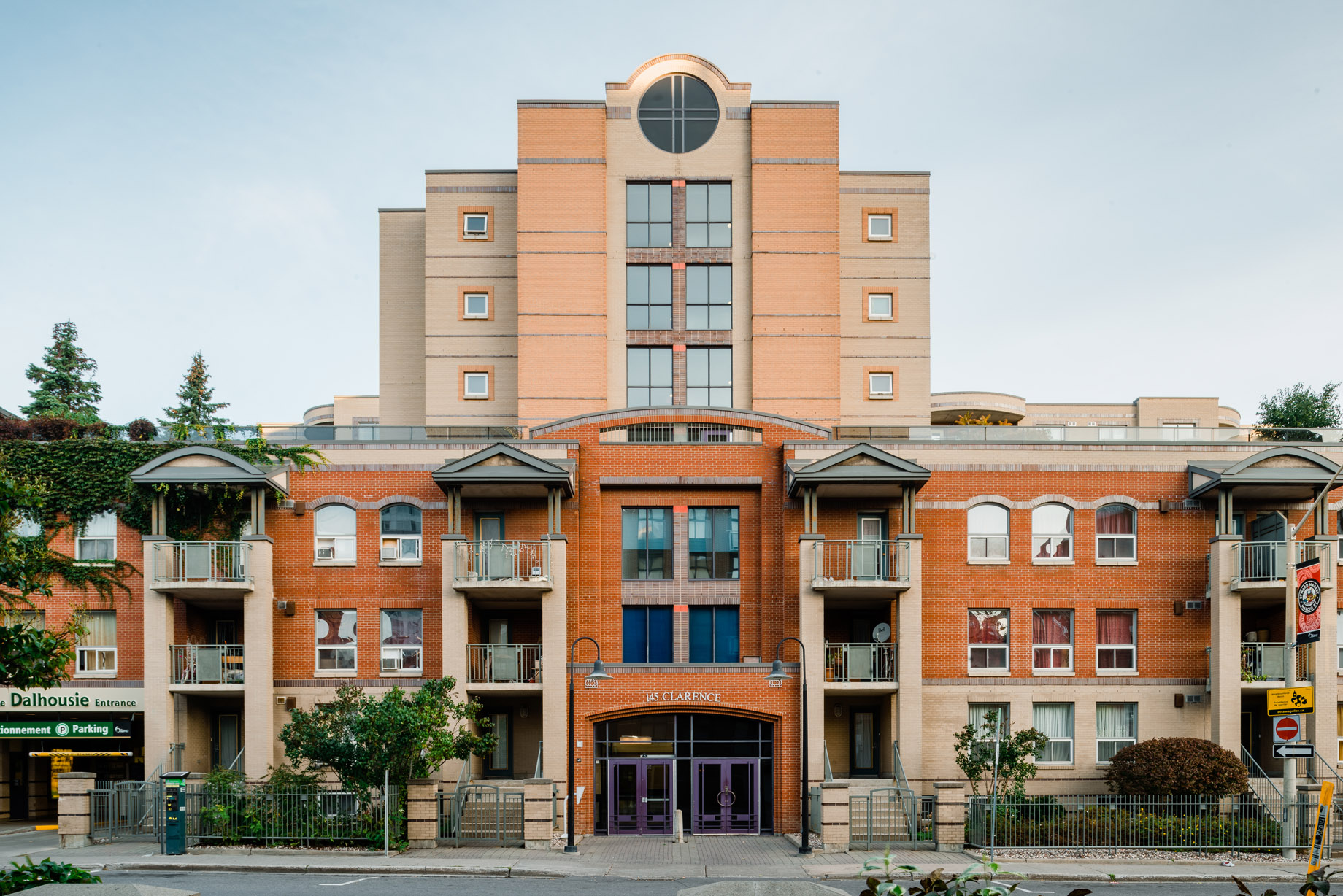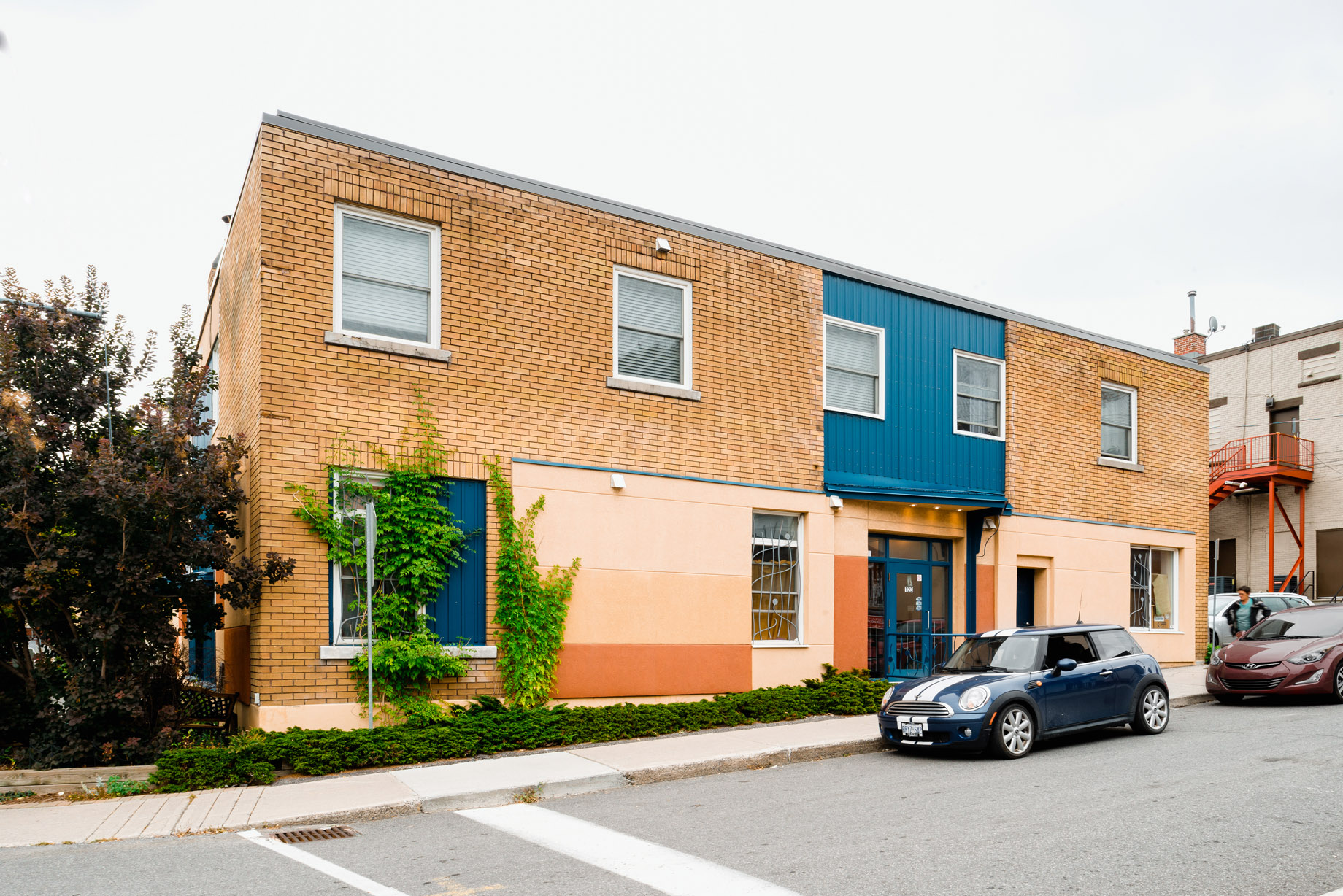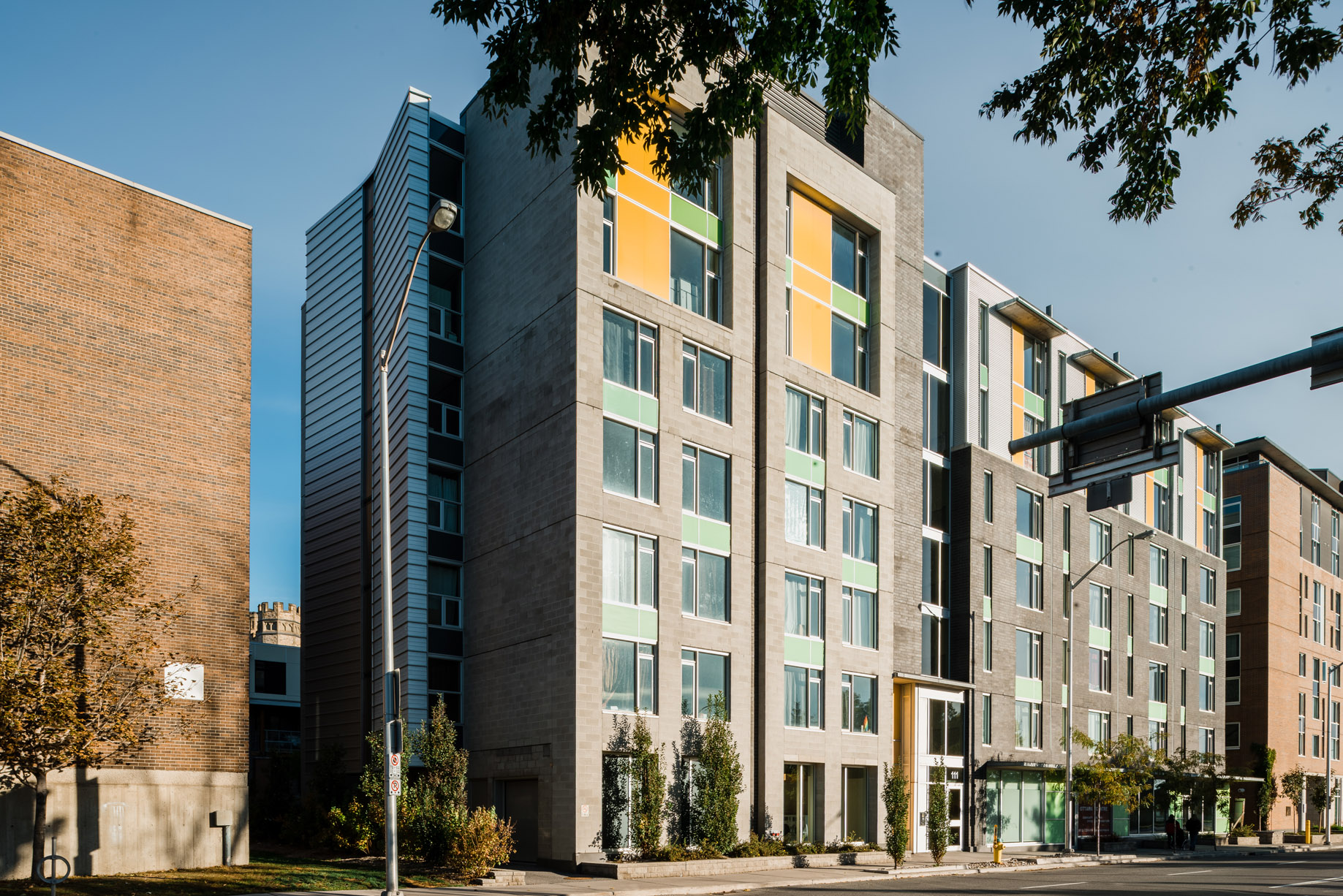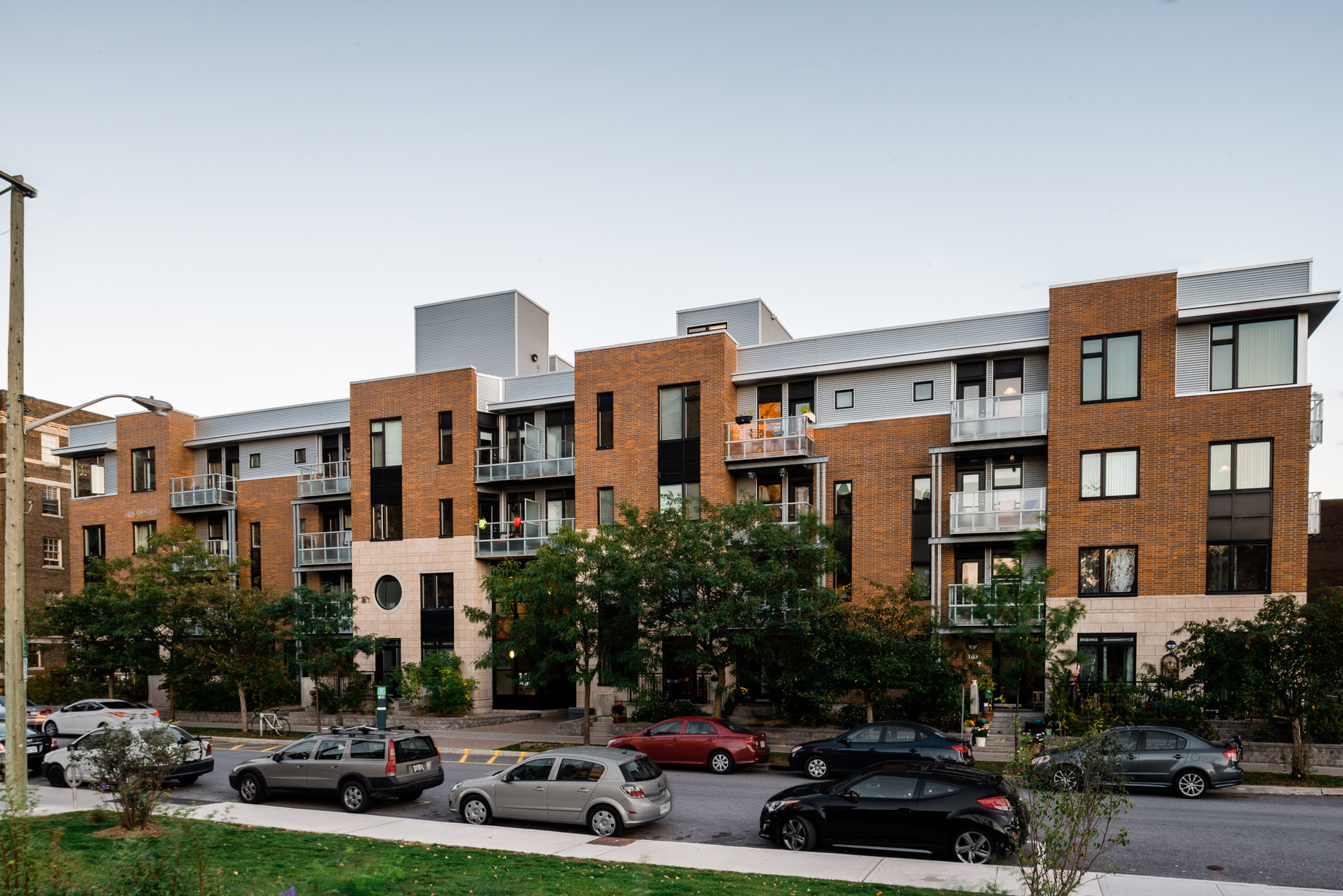Centretown Citizens Ottawa Corporation (CCOC) bought its first building in 1975 with $500 in the bank. Today we own and manage more than 60 properties that provide more than 1700 units of affordable housing to Ottawa residents. We continue to be run by dedicated volunteers and staff who believe in the basic idea that everyone should have control over their housing.
The Centretown Plan
In the mid-seventies, neighbourhood and community groups all over North America realized that they had to defend their communities from the development of high-rise office buildings and the threat of highways. In Centretown, the Centretown Citizens Community Association (CCCA) worked with the City of Ottawa to develop the Centretown Plan. With community members involved as fully as possible in the process, the Plan outlined a vision of a thriving downtown neighbourhood. It called for intensification, but on the neighbourhood’s own terms, without sacrificing the character of Centretown.
The two main goals of the Plan were to maintain and enhance the residential character of Centretown while allowing a moderate increase in population, and to accommodate persons of all age groups, income levels, cultural backgrounds, lifestyles and household sizes wishing to live in Centretown with good quality, affordable housing.
To achieve these goals, the plan laid out proposals related to future development and land use, transportation systems, housing, heritage, community facilities and services, and commercial areas. After achieving this success, the community created CCOC as one way to make sure Centretown stayed a vibrant and affordable residential neighbourhood.

